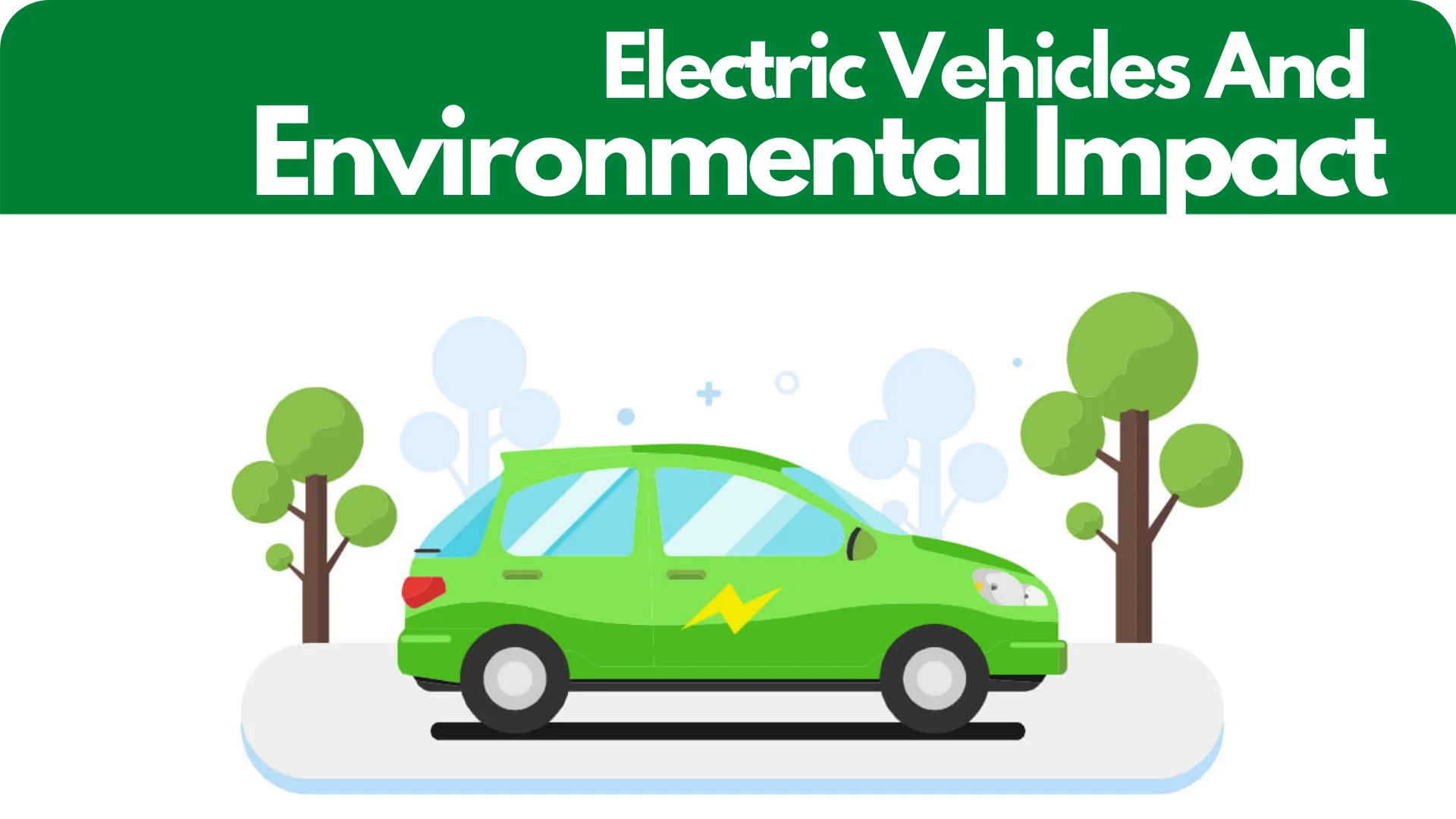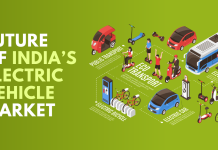 In today’s fast and regularly changing world, the aroma of technology is emerging as a great opportunity all over the world. Electric vehicles have been identified in the mobility sector as a key technology in reducing future emissions and energy consumption. Electric vehicles and the environment complement each other.
In today’s fast and regularly changing world, the aroma of technology is emerging as a great opportunity all over the world. Electric vehicles have been identified in the mobility sector as a key technology in reducing future emissions and energy consumption. Electric vehicles and the environment complement each other.
Research has proved that EVs are better for the environment
Table of Contents
Electric Vehicles And Their Environmental Impact
Electric Vehicles are seen as a way to reduce the negative environmental impact of automobile traffic. They are often cited in the context of climate issues as a way to cut greenhouse gas emissions due to road traffic. Air pollution control is another context in which electric Vehicles are discussed because of the importance of reducing emissions of particulate matter and nitrogen oxides as major air pollutants.
The pros and cons can be discussed in a detailed manner.
Pros of Electric Vehicles on the Environment
The importance of electric vehicles on the environment as well as society are as follows:
Electric Vehicles can be powered naturally with renewable resources like solar, wind, and water power. Gasoline, however, is created using oil, which is a natural resource, but not renewable. For those who want to keep renewable energy flowing, even more, having solar panels installed in your home will in turn power your electric car in your garage. Electricity is also cheaper than gas.
Electric vehicles typically cost one-third the cost of gas-powered vehicles to run. Many electric vehicles also use regenerative braking to add the energy needed to drive the car, which is also free.
The findings of some studies suggest that the electric car can serve as a suitable instrument for a much more sustainable future in mobility. Electric vehicles are relatively well known, apart from the battery to their life cycle. With the increasing demand for e-vehicles, their sales, the Indian government started many new initiatives, and policies to promote EV adoption in India under the Make In India Scheme. The concepts of green electricity and electromobility will lead to a pollution-free environment in the distant future by renewable way of production.
Cons of Electric Vehicles on the Environment
Major drawbacks of Electric Vehicles-
The main disadvantage of electric Vehicle ownership concerns is the extent of the concern. This drawback is when the vehicle stops and there is no charging station nearby. then what to do?
The introduction of electric vehicles should focus on their popularity as a global concern and focus on the development of charging stations. Like all other car accessories. Radios, car air conditioners, etc. use electricity from batteries, which can run out quickly.
The batteries that power these E-Vehicles are expensive. While self-cleaning, the battery contains toxic ingredients and can emit toxic fumes. Batteries are what make these vehicles heavy. This is a disadvantage because the weight puts pressure on these batteries and they wear out fast.
Conclusion
The journey of electric vehicles from development to their implementation today has faced many hurdles and complications.
Global concern to prevent the dangerous effects of vehicle exhaust and climate intolerance has changed the minds of countries to cope with the shift away from conventional oil-fired automobiles. Oil shortages and rising costs, universally, have eventually set a stage for many countries to plan for e-vehicle use. Many on-road situations and scenarios related to e-vehicles are studied and many technical and theoretical measures have been put forward continuously.
The journal study concludes with a positive note that the concepts of electromobility and renewable energy generation of green electricity generation will lead to a pollution-free environment in the distant future.
Keep Reading Keep Exploring:-






